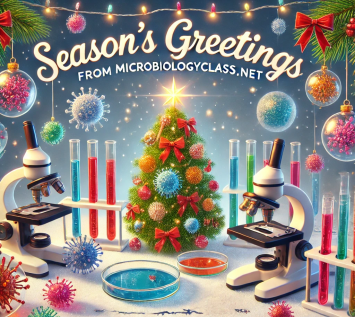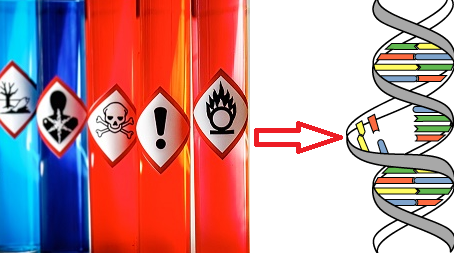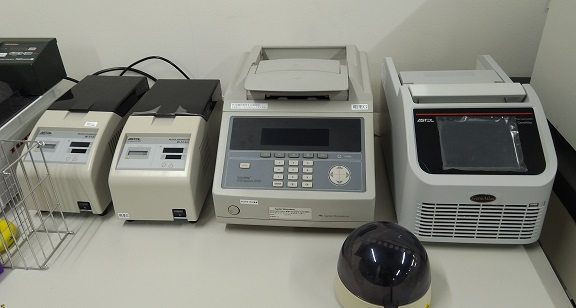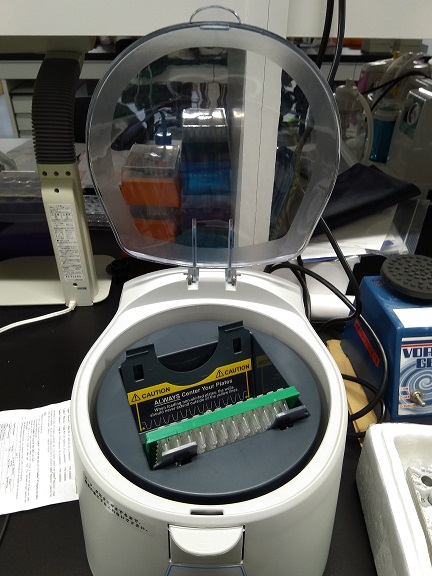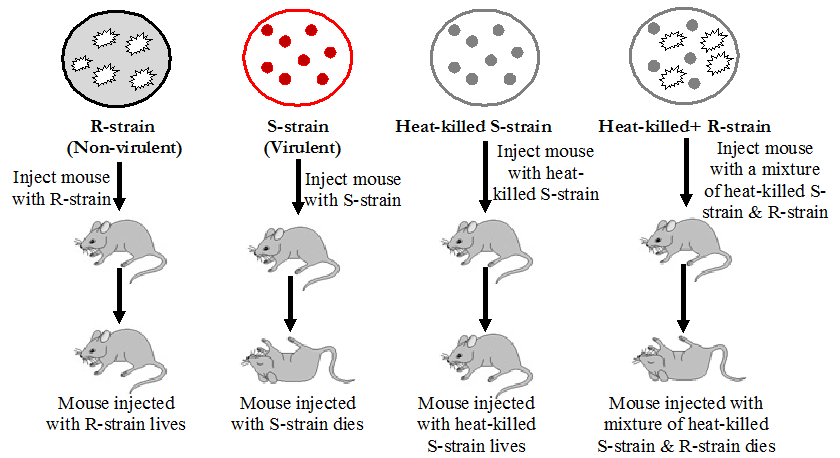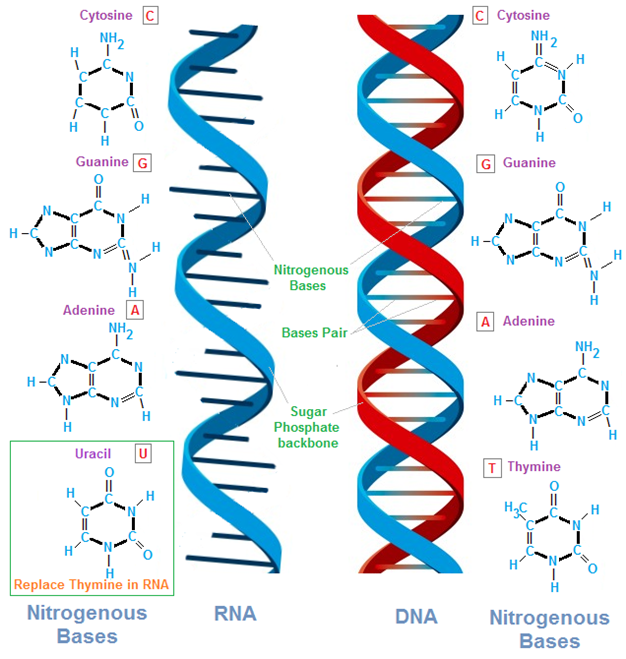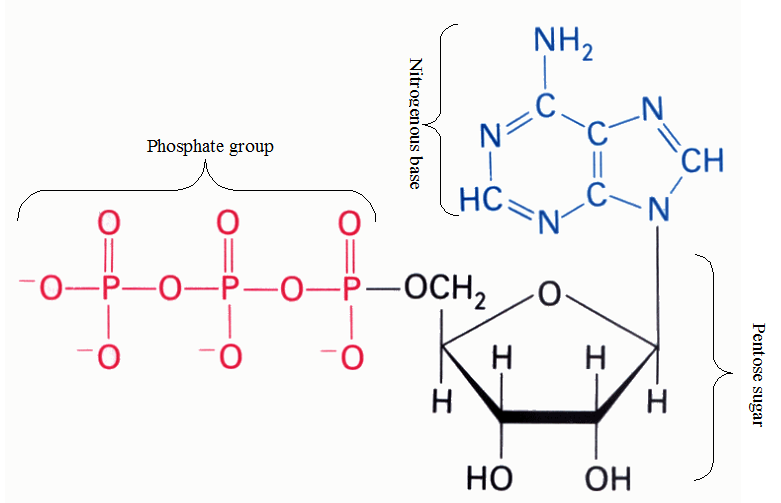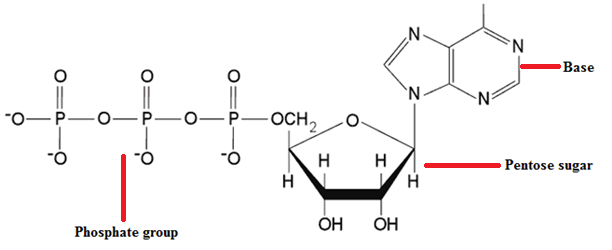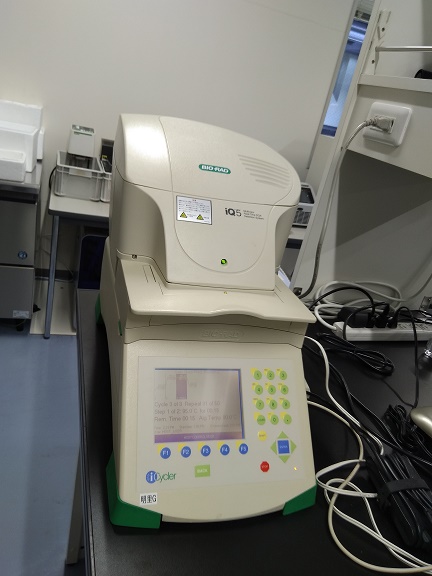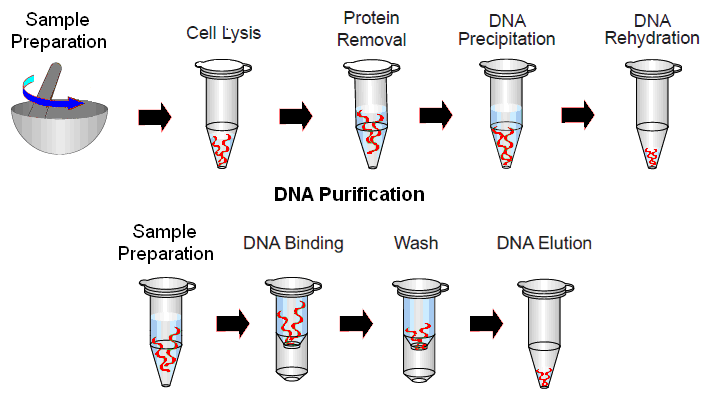MUTAGENS
Mutagens are biological, physical or chemical agents that change the genetic materials (inclusive of DNA and RNA molecules) of an organism and thus increase the frequency of mutations above the natural background level. They are substances that change the genetic information of an organism, usually by changing DNA. Mutagens interact with nucleic acid molecules particularly […]
